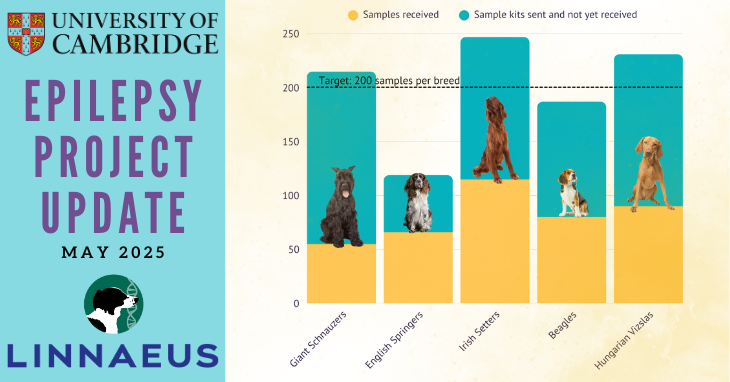
Since our last update, the CGC Idiopathic Epilepsy (IE) project has had a great response to our call for samples. A huge thank you to everyone who has sent us swabs or completed our epilepsy questionnaire, especially those of you who have been organising big batches of cheek swab DNA collection kits! Continue reading
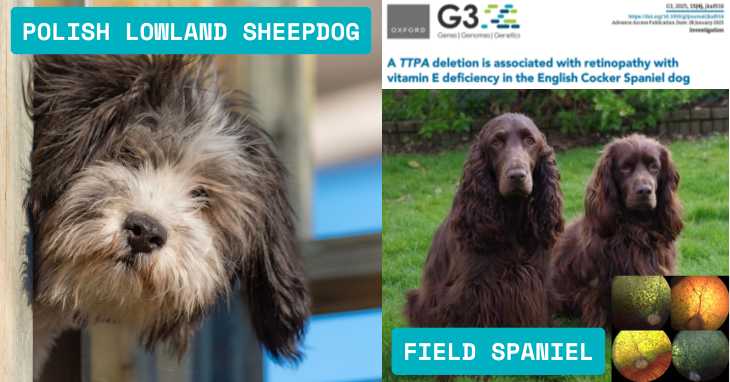

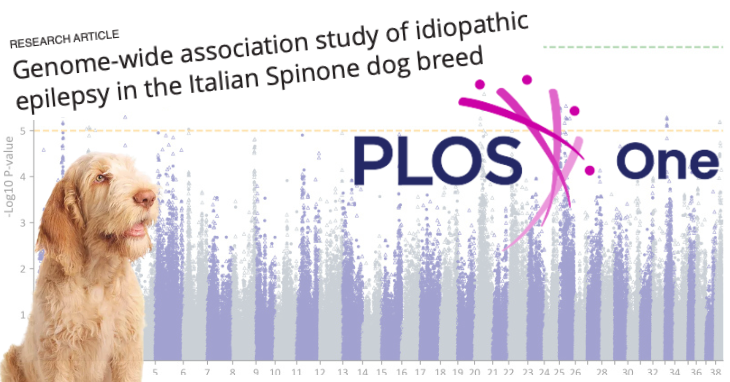
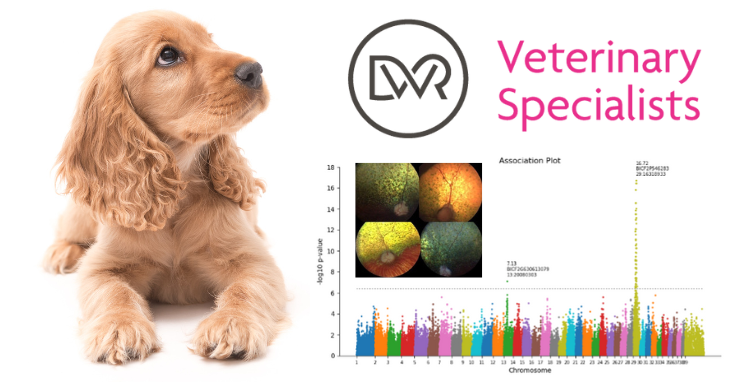
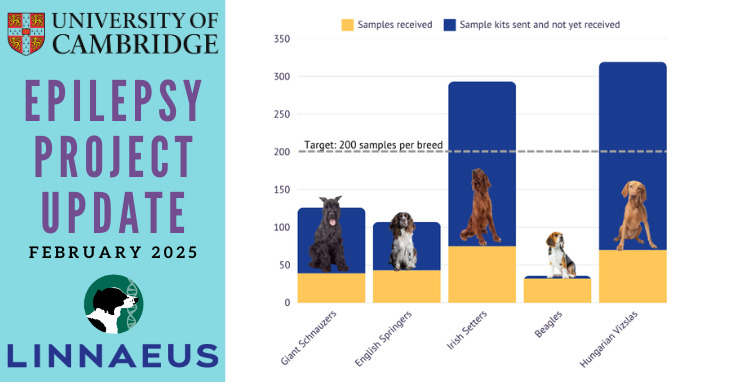
 The Cocker Spaniel is one of the most popular dog breeds in the UK and so it is unsurprising that a number of inherited diseases have been reported over the years in this breed including Progressive Retinal Atrophy (PRA), Retinal Dysplasia (RD) and Retinopathy with Vitamin E Deficiency (RVED). A DNA test for PRA (prcd) has been available for a long time and so this disease is now, fortunately, very rare in this breed. Very recently, the Canine Genetics Centre has also solved the cause of RVED in this breed and so, with the use of DNA testing, this disease should be easy to eradicate in a few generations.
The Cocker Spaniel is one of the most popular dog breeds in the UK and so it is unsurprising that a number of inherited diseases have been reported over the years in this breed including Progressive Retinal Atrophy (PRA), Retinal Dysplasia (RD) and Retinopathy with Vitamin E Deficiency (RVED). A DNA test for PRA (prcd) has been available for a long time and so this disease is now, fortunately, very rare in this breed. Very recently, the Canine Genetics Centre has also solved the cause of RVED in this breed and so, with the use of DNA testing, this disease should be easy to eradicate in a few generations. 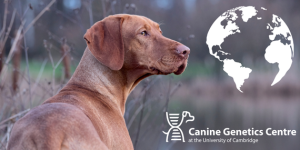 The CGC’s
The CGC’s  On November 14th 2024 Dr. Cathryn Mellersh, Head of the Canine Genetics Centre, gave an online presentation to our supporters and stakeholders. Cathryn started her presentation by summarising the areas of research that the CGC has been involved with over the last twelve months, including details of the impressive list of peer-reviewed
On November 14th 2024 Dr. Cathryn Mellersh, Head of the Canine Genetics Centre, gave an online presentation to our supporters and stakeholders. Cathryn started her presentation by summarising the areas of research that the CGC has been involved with over the last twelve months, including details of the impressive list of peer-reviewed 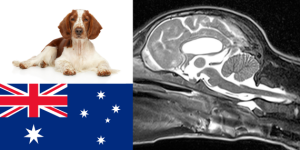 Our team at the Canine Genetics Centre are often contacted to collaborate with veterinary professionals and owners from around the world when it comes to challenging canine genetic problems. We recently received a communication from a Welsh Springer Spaniel breeder from Australia asking for our expertise regarding two wobbly puppies out of one litter of nine.
Our team at the Canine Genetics Centre are often contacted to collaborate with veterinary professionals and owners from around the world when it comes to challenging canine genetic problems. We recently received a communication from a Welsh Springer Spaniel breeder from Australia asking for our expertise regarding two wobbly puppies out of one litter of nine. 
